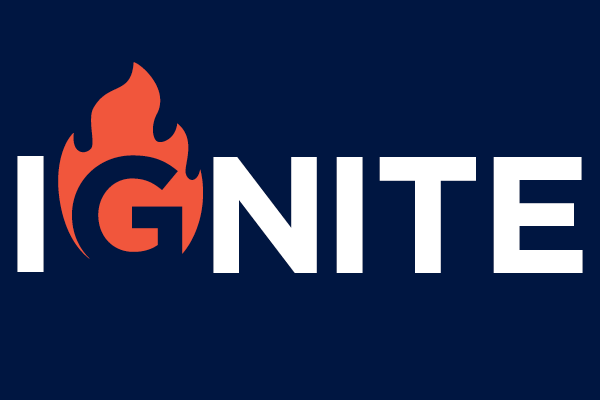UConn offers multiple University-wide crowdfunding opportunities every year for students and professional staff. Review the options below to find the right crowdfunding initiative for you.
Ignite
Student-Driven Crowdfunding
Since 2014, Ignite has been a tool for students to raise money for the cause that means the most to them. Participation in Ignite gives students the autonomy to create a better UConn on their own.
Ignite 2025 has officially concluded, marking the first year that Ignite Club Sports, Ignite Law, and Ignite Students First were held together. Thank you for supporting UConn student groups — we look forward to your participation in next year’s Ignite!
UConn Gives
UConn Gives is a way for UConn Nation to show its strength, pride, and spirit by supporting the University we love. For two days, UConn Nation comes together to celebrate our accomplishments and lift up our passions. Groups across all five campuses will connect with their supporters around the world to raise funds for the programs and causes important to them.
The possibilities are endless. Whether it’s a school, college, department, club, student group, or research area, give to what’s most important to you.
UConn Gives will happen April 21-22, 2026. Stay tuned for more details!


